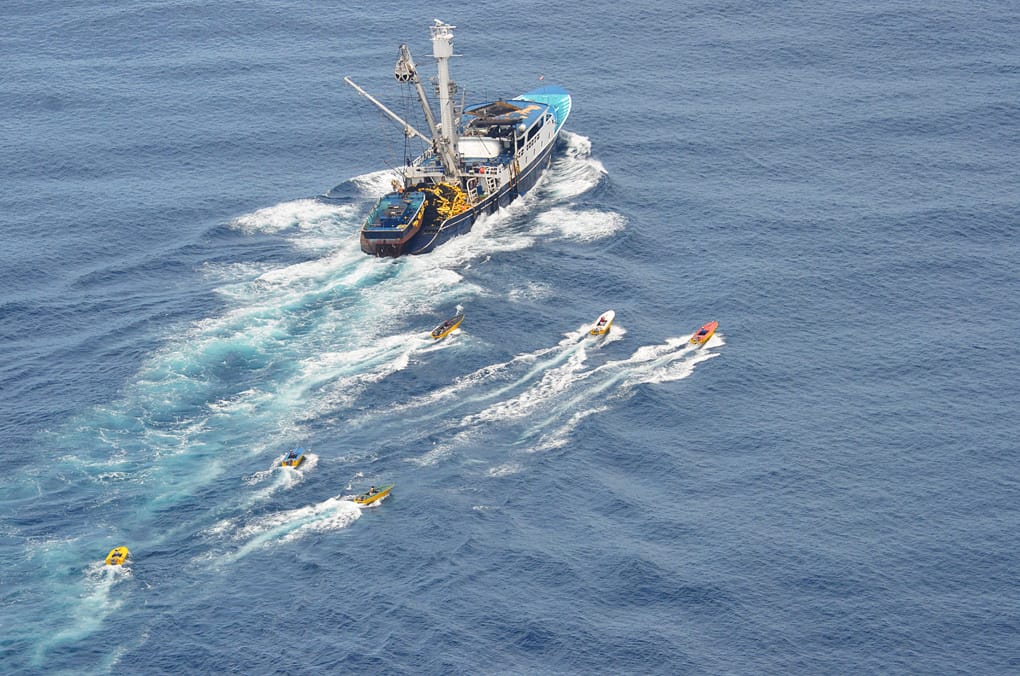Costa Rica’s fishing sector, vital to its economy and food security, faces mounting challenges from overexploitation, inadequate data, and weak governance, according to a new report urging sweeping reforms to ensure sustainability.
The report, Key Elements for Sustainable Fishing, released following the Technical Meeting on Sustainable Fishing, exposes critical gaps in Costa Rica’s fisheries management. It calls for policies that balance marine conservation with the socioeconomic needs of coastal communities, which rely on fishing for livelihoods. The document highlights a severe lack of reliable data on fish stocks and fishing effort, compounded by fragmented regulations and limited transparency in oversight.
“Costa Rica must redirect its fishing model toward sustainability,” said Damian Martinez, a member of the Coastal Marine Commission of the Civic Environmental Parliament. “This report not only identifies weaknesses but offers a roadmap to achieve fisheries that respect ecosystem limits while supporting coastal communities.”
The fishing sector contributes significantly to Costa Rica’s economy, with small-scale fisheries providing 90% of fishing livelihoods and sport fishing generating nearly $500 million annually. However, key species like tuna, mahi-mahi, and sharks are in alarming decline due to overexploitation and high bycatch in longline fisheries.
A 2021 evaluation by Asociación CREMA noted Costa Rica’s failure to reduce shark and turtle bycatch, ranking it among the top five global shark fin exporters, a setback from prior conservation efforts. Illegal, unreported, and unregulated (IUU) fishing further exacerbates the problem, with a 2021 NOAA report identifying Costa Rican vessels in such activities.
Governance challenges are stark. The Costa Rican Fisheries and Aquaculture Institute (INCOPESCA) faces criticism for outdated frameworks and weak institutional capacity. The 2025–2030 National Fisheries and Aquaculture Development Plan, launched in April, omits specific support for sport fishing and lacks robust data systems or participatory governance, eroding trust among coastal communities. A $75 million World Bank-funded Sustainable Fisheries Program, initiated in 2022, has seen funds lie idle, with insufficient research on critical species like tuna, underscoring mismanagement.
Climate change poses an additional threat. Global projections suggest fish catches could decline by 15% in the Pacific and 30% in the Caribbean by 2050 due to warming waters and ecosystem shifts, jeopardizing food security and coastal economies. The report proposes three strategic axes to reverse these trends:
- Robust Data Systems: Establish monitoring and biological data collection to assess fish stocks and set science-based catch limits.
- Community Engagement: Involve coastal communities through environmental education, participatory governance, and economic diversification, such as ecotourism and sport fishing.
- Institutional Reform: Overhaul INCOPESCA to align with sustainability goals and create dynamic regulations addressing climate change and IUU fishing.
Efforts like the 2018–2030 National Action Plan for Large Pelagic Fisheries, supported by UNDP, aim to improve data, governance, and market access for sustainable seafood, but progress remains slow. Community-led Responsible Fishing Areas (AMPRs) in regions like the Gulf of Nicoya show promise but require stronger support to prevent overexploitation.
INCOPESCA’s collaboration with Global Fishing Watch since 2020 has enhanced vessel monitoring to combat IUU fishing, a step toward transparency. However, experts stress that without comprehensive reforms, Costa Rica risks losing its marine biodiversity and the economic stability of its coastal regions.
As Costa Rica prepares for the Foreign Direct Investment Summit in June 2025, showcasing sustainable sectors, the fishing industry’s overhaul is critical to maintaining the country’s global reputation as a green leader. “Sustainable fishing is not just an environmental necessity but a matter of social justice for our coastal communities,” Martinez added.






